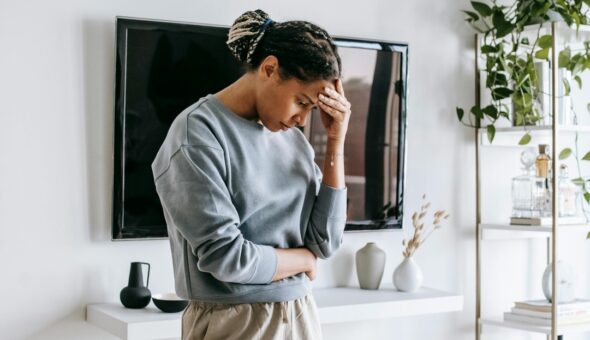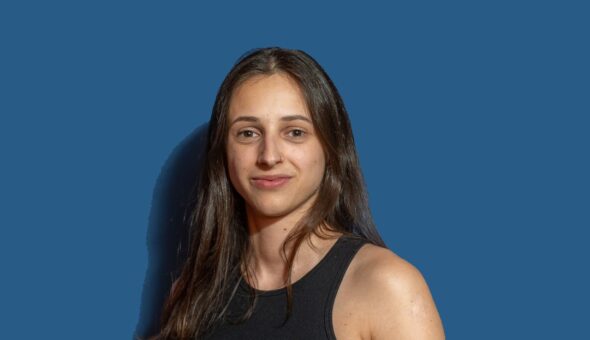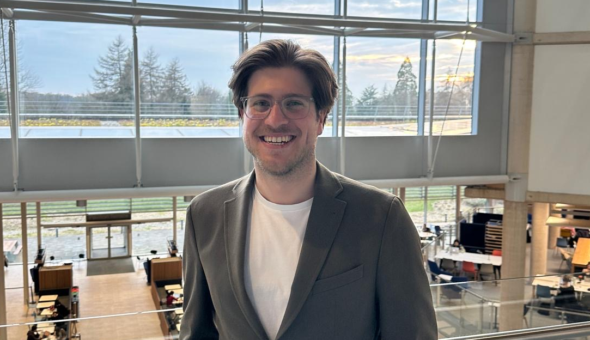Dr Deborah Brewis reflects on the work she and Dr Mayra Ruiz Castro undertook, supported by Dr Alisha Tuladhar, exploring how London couples experienced the Covid-19 pandemic. They wanted to preserve this incredibly unique moment and recognise the specific challenges of this moment in time. Here, Deborah speaks about this research, and the short films that were created to disseminate these learnings outside of academia.
Over three years have now passed since the first time the UK was ‘locked down’ as a way to control the spread of Covid-19. Looking at life around us today, so much has returned to the way it was, that it could almost feel like a dream. Yet, so many among us were impacted deeply and irrevocably. As researchers, we wanted to do our bit to recognise this critical period and the ways in which experiences were shared and differentiated.
We spoke to 34 dual-earning couples in the London boroughs of Wandsworth and Richmond about their experiences during the national lockdowns. We wanted to understand how their lives were affected, specifically their working conditions, family dynamics, and personal struggles and hopes.
We interviewed a wide range of couples representing different age ranges, ethnic groups, socio-economic backgrounds and parental status. We saw how the pandemic had exposed the existing inequalities in society and we were interested in how people experienced these difficulties in employment, education and health differently depending on their specific situation.
Our findings indicated that the pandemic lockdown served as an intensive period of ‘identity work’ for both individuals and for couples. The rapid and sometimes extreme ways in which work and families lives were reshaped meant that we had to grapple with how we performed our roles at work and in the home. This range of changes altered the way people saw themselves – their capacities, their hopes and their futures. This occurred not only at an individual level, but also for the couple as a unit. We recently presented this work at the 10th International Conference of Work and Family.
Added pressures
Another finding was that the challenges faced by participants fell predominantly in the areas of work, emotional wellbeing, and couple/family dynamics. We also found that a participant’s occupation appeared to strongly influence the type and intensity of those challenges. Those in professional occupations found themselves working more intensively and with urgency they hadn’t experienced before. Home schooling introduced both practical and emotional challenges which blurred the boundaries of working and family lives, demanding administrative negotiation within the couple, which sometimes placed strain on relationships. Due to these pressures, some experienced resentment that colleagues had been furloughed, and many experienced feelings of isolation. There was, however, a feeling of being very fortunate to be healthy and able to work. For those in service occupations there was an overall sense of uncertainty regarding job security and anxieties about health and isolation from family. Experiences of furlough were characterised by a sense of loss. Those in nursing and caring occupations felt a sense of abandonment; working much longer hours and in circumstances that put their own health at risk. They felt relied upon, valued, but unsupported. We presented these findings to an audience of local residents, councillors and academics at a webinar in December 2022.
The experiences that participants shared with us were moving and resonant, and we wanted to share them with the wider community beyond academia. Based on these findings, we commissioned mini-films. These bring together a collective set of experiences and create an important record in a vivid and evocative way.
These works were filmed and edited by actor Nichole Bird. The creative process involved a novel method of co-scripting between the participants – speaking through the data – the researchers’ analysis, and the actor. We shared these pieces at an end-of-project webinar in December 2021. We were joined by local representatives, employers, residents and academics. The feedback was incredibly positive, particularly in response to the mini-films, which they found to be personally touching, as well as a creative way of communicating research.
The mini-films bring the voices and experiences of our participants to the fore and serve to reinvigorate our memories of the period – what was similar or different in what we went through. From this, we hope to ignite further discussion about what we gained as well as lost. As researchers, this continues to be an important part of what we can offer to society and have an impact beyond writing journal articles and through our teaching.
We invite you to view the three mini-films, themed around the experiences of participants with jobs in professional occupations, services occupations, and healthcare occupations.
As we continue with this work, we would love to hear your responses. What changed? What did we discover and might want to hold on to? What will we leave behind?
Respond



